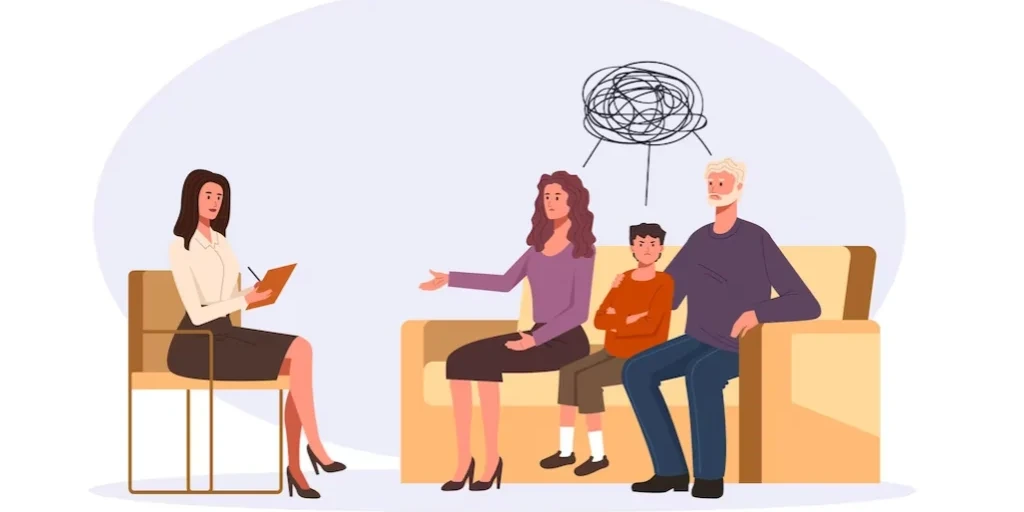24/7 Helpline:
(866) 899-221924/7 Helpline:
(866) 899-2219
Learn more about Dual Diagnosis Rehab centers in Ivy
Dual Diagnosis Rehab in Other Cities

Other Insurance Options

UnitedHealth Group

Self-pay options

Cigna

UMR

American Behavioral

Magellan Health

Kaiser Permanente

Lucent

Carleon

Anthem

Aetna

Private insurance

Highmark

MHNNet Behavioral Health

PHCS Network

Excellus

Health Choice

Access to Recovery (ATR) Voucher

CareSource

Covered California





























































































































Region Ten Community Services Board – Crozet
Region Ten Community Services Board is a non-profit rehab located in Crozet, VA. Region Ten Communit...




































































